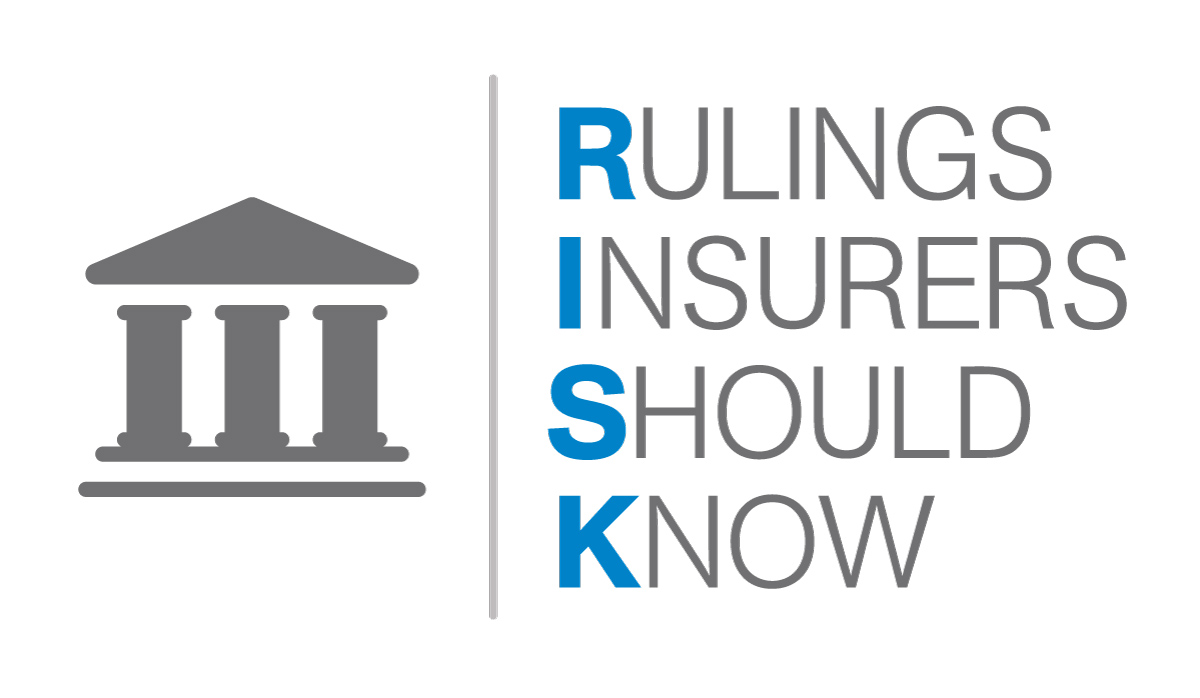Proving a Material Misrepresentation Requires More than Mere Speculation

C.H. Robinson Worlwide Inc. v Northbridge Commercial Insurance, 2016 ONCA 364
After having its application for insurance coverage from Northbridge Commercial Insurance Corporation (“Northbridge”) dismissed by the Superior Court, C.H. Robinson Worldwide Inc. (“Robinson”) appealed to the Ontario Court of Appeal.
The appeal stems from an incident involving damaged cargo. Robinson hired KLM Express (“KLM”) to transport a cargo of food products from Ajax to Calgary. Under the terms of their contract, KLM was liable up to the full value of the shipment. This was greater than its standard limit of liability under the Uniform Conditions of Carriage in Ontario.
The KLM truck that carried the cargo got into an accident and the cargo was destroyed. Robinson sued KLM for the full value of the damaged goods. KLM did not defend the action and Robinson obtained a default judgment in the amount of $223,701.85.
Robinson then sought a declaration under s. 132(1) of the Insurance Act for payment of the judgment by Northbridge, KLM’s insurer. Under s. 132(1), Northbridge, as the insurer, is able to use any grounds to defend Robinson’s claim that would have been available to it to defend a claim brought by the insured.
The trial judge dismissed Robinson’s claim against Northbridge, holding that KLM’s insurance policy was void for misrepresentation. She found that KLM made a material misrepresentation when it applied for insurance coverage with Northbridge. Specifically, KLM answered “no” on Northbridge’s survey to the question: “Does the applicant have any contracts with shippers that stipulate limits of liability that are required to supercede the applicant’s standard Bill of Lading?” Despite the fact that Northbridge did not produce KLM’s standard bill of lading at trial, the trial judge relied on the Uniform Conditions of Carriage in reaching its conclusion of misrepresentation.
On appeal, the Court found that Northbridge failed to meet its onus of showing a material misrepresentation because it did not produce KLM’s standard bill of lading, nor did it lead any evidence of its terms. Justice Laskin stated that the Uniform Conditions of Carriage are irrelevant in determining whether KLM made a misrepresentation. The question posed in Northbridge’s survey specifically focused on KLM’s standard bill of lading, not the Uniform Conditions of Carriage. The Court of Appeal held that Northbridge drafted the survey and must accept the consequences of the answers to the questions it posed.
Given that Northbridge did not produce KLM’s standard bill of lading, the Court stated that it is not even known whether one exists, or if it does, what its terms are. Northbridge cannot rely on mere speculation to meet its onus of showing a misrepresentation.
Robinson’s appeal was allowed and its judgment against Northbridge was granted.
What the Insurer Should Know
The evidence of a written contract must include the physical contract itself and not just oral evidence as to what is assumed to be in the contract.
 |
 |
| Mitch Kitagawa | Kentt Coburn, Articling Srudents |



